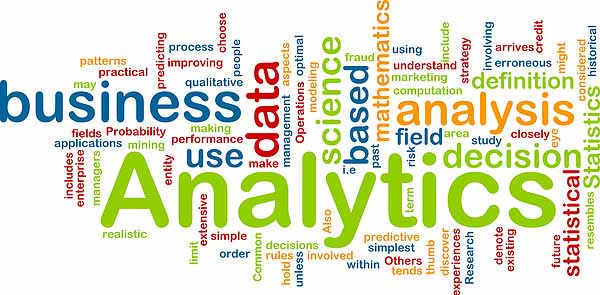Analytics
Analytics is a vital component of digital marketing. It involves collecting and analyzing data from various sources to gain insights into user behavior, website performance, and marketing campaigns’ effectiveness. In this content piece, we will explore the importance of analytics in digital marketing and its key benefits.
Why is Analytics Important?
-
Data-Driven Decisions: Analytics provides businesses with valuable data that can be used to make informed decisions. By analyzing data, businesses can identify areas of improvement, optimize marketing campaigns, and improve website performance.
-
Better Understanding of User Behavior: Analytics tools provide businesses with insights into user behavior, such as how users interact with their website, which pages they visit, and how long they stay on each page. This information can be used to optimize the user experience and improve engagement.
-
Marketing Optimization: Analytics tools can help businesses track the performance of their marketing campaigns, including metrics such as click-through rates, conversion rates, and return on investment (ROI). This data can be used to optimize marketing campaigns and improve overall performance.
-
Competitive Advantage: By leveraging analytics, businesses can gain a competitive advantage by identifying trends, patterns, and opportunities that their competitors may not be aware of. This can help businesses stay ahead of the curve and improve their overall performance.
Benefits of Analytics:
-
Improved User Experience: Analytics tools can provide businesses with insights into user behavior, allowing them to identify areas of improvement and optimize the user experience. This can lead to increased engagement, loyalty, and conversions.
-
Better Marketing Campaign Performance: Analytics tools can help businesses track the performance of their marketing campaigns, allowing them to optimize their campaigns for better results.
-
Cost Savings: Analytics tools can help businesses identify areas of inefficiency and waste, allowing them to optimize their marketing efforts and reduce costs.
-
Improved ROI: By analyzing data and optimizing marketing campaigns, businesses can improve their return on investment (ROI) and maximize the effectiveness of their marketing efforts.

Send your Enquiry.